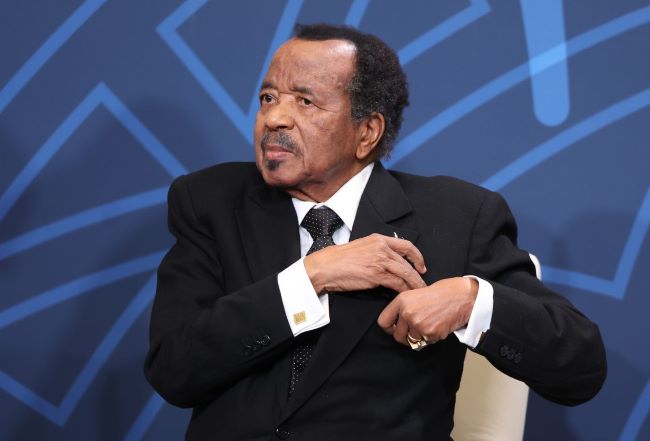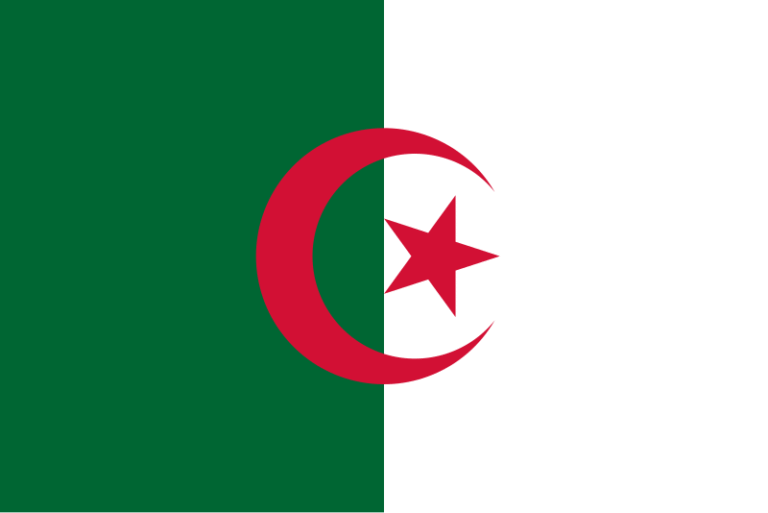
Malian transitional president Assimi Goïta received Mauritania’s foreign minister, Dr Mohamed Salem Ould Merzoug, on Thursday in Bamako, as both nations confront growing tensions over a surge in migrant expulsions and rising fatalities linked to irregular migration routes.
The high-level meeting, also attended by Mali’s Foreign Minister Abdoulaye Diop, comes at a time of intensified returns of undocumented Malian migrants from Mauritania.
The talks focused on strengthening bilateral ties, but above all, on coordinating a joint response to the mounting migration crisis.
“The consultations between our heads of state have been constant,” said Dr Ould Merzoug, delivering a message from President Mohamed Ould Ghazouani to his Malian counterpart.
He underlined the deep-rooted historical relations between Nouakchott and Bamako, while voicing concern over the tragic toll of illegal migration.
The Mauritanian diplomat revealed disturbing figures, stating, “More than 500 bodies of young Africans were found on Mauritania’s coasts in 2024 alone, and over 100 since January 2025.”
He attributed these fatalities to criminal trafficking networks exploiting vulnerable migrants.
Calling for a “coordinated regional response,” Ould Merzoug advocated for the promotion of legal and regulated migration, but clarified Mauritania’s stance: “We are committed to welcoming Malian nationals who are in legal status.
The difficulties we face are largely with those in an irregular administrative situation.”
According to Mali’s Ministry for Malians Abroad, approximately 3,000 Malian nationals have been expelled from Mauritania since early March—a sharp increase attributed to tightening immigration enforcement and bureaucratic barriers to regularisation, such as limited access to residence permits.
In response, Malian authorities have activated a crisis unit and launched support measures to receive returnees.
At the same time, Bamako is ramping up diplomatic engagement with Nouakchott to seek humane and sustainable solutions that uphold the dignity of migrants and the commitments binding both nations.
Both parties agreed to maintain open dialogue as they navigate one of the region’s most pressing humanitarian and diplomatic challenges.



